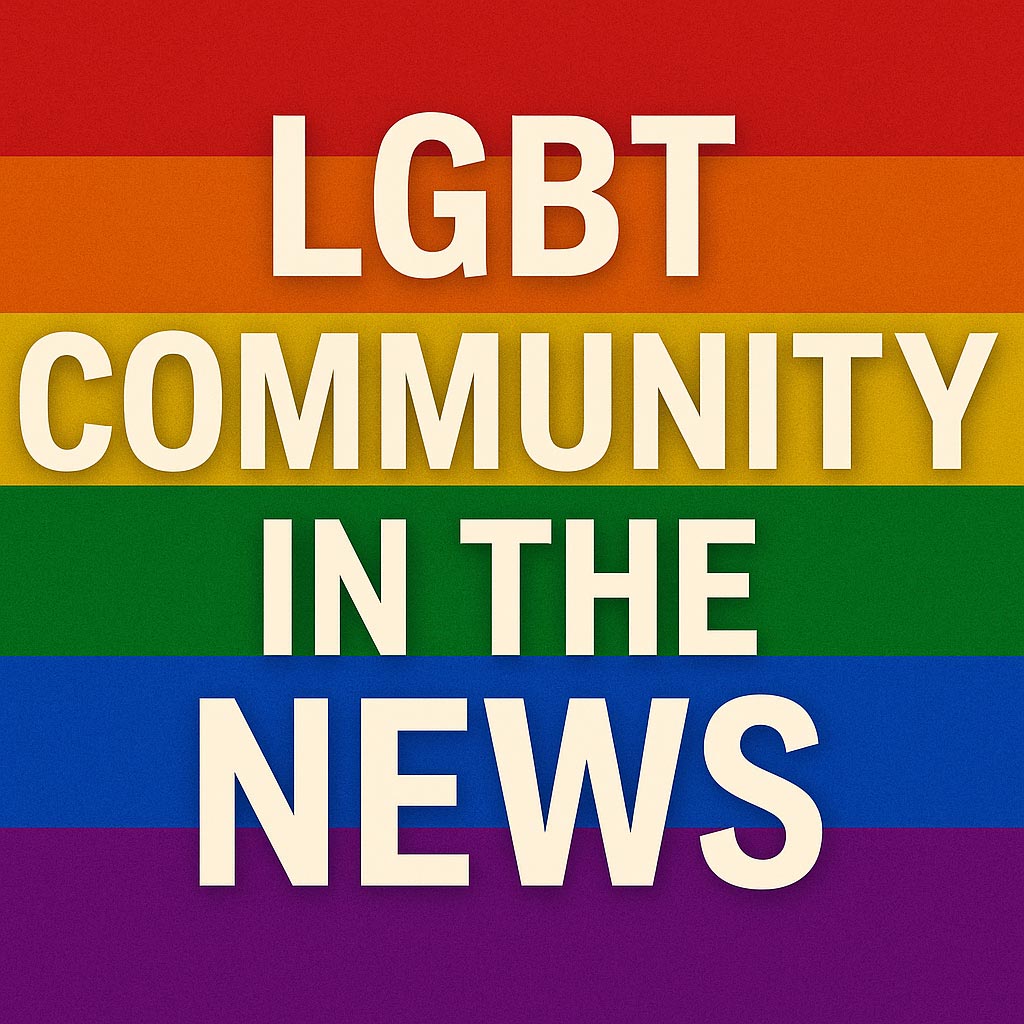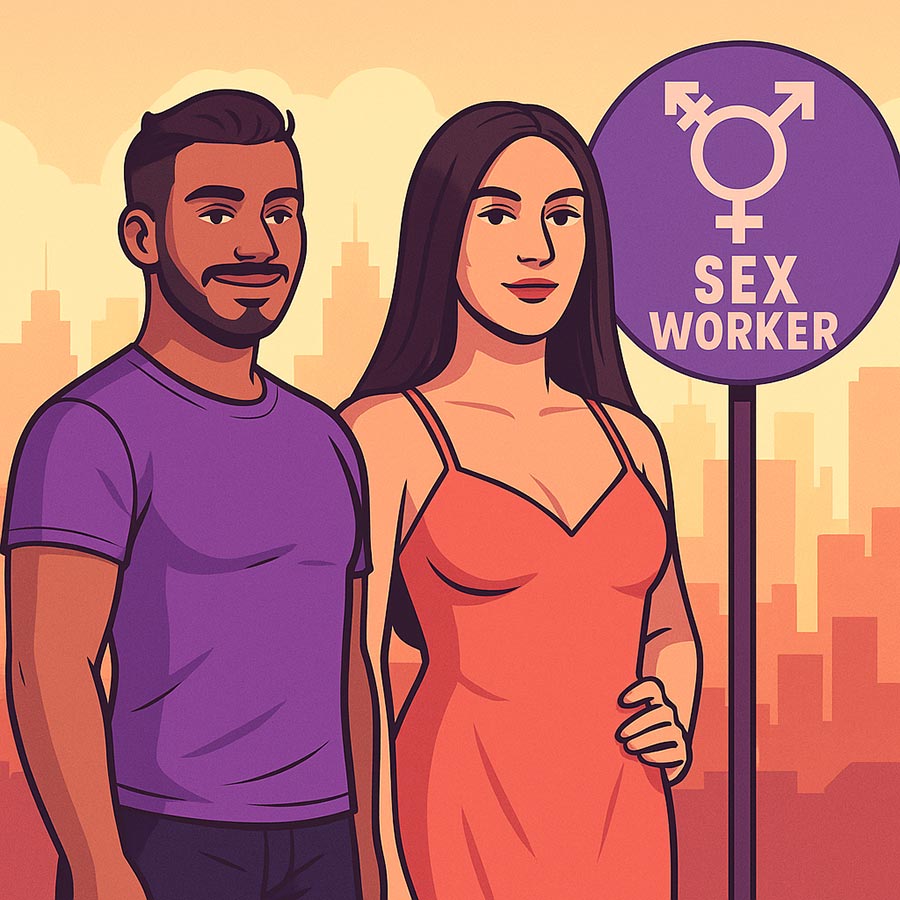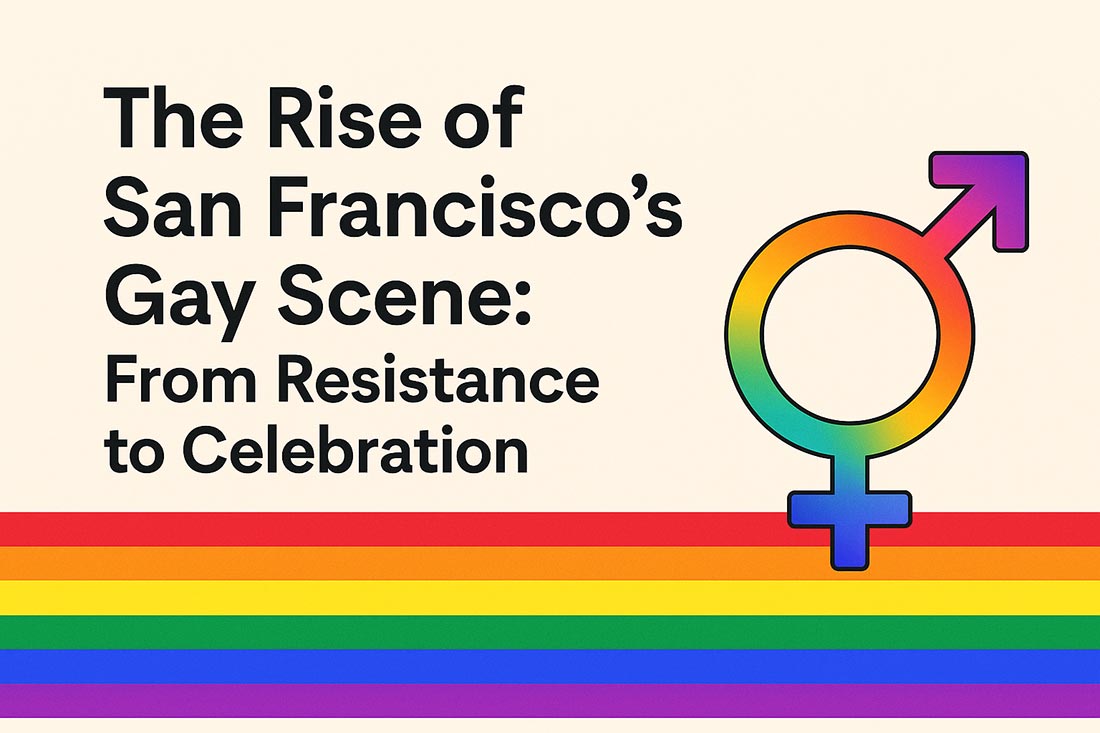Across the globe, the LGBT+ movement finds itself at a crossroads — with powerful statements of support and international solidarity clashing against emerging political pushbacks. From royal parades to legislative debates, the past week encapsulates both progress and resistance.
👑 Royal Support Meets Cultural Celebration in London
On July 6, the Pride of London Parade drew over 35,000 participants, each celebrating LGBTQ+ visibility in vibrant drag, leather, and rainbow displays. Unusually, the parade marched past Buckingham Palace, where the Coldstream Guards followed with a stirring rendition of Chappell Roan’s “Pink Pony Club,” now a queer anthem. The moment was further immortalized on the Royal Family’s social media pages — a bold gesture of royal solidarity that social media users and rights advocates praised as “a public and festive tribute” with “significant meaning.” Prince William has also reaffirmed his unwavering support for LGBTQ+ family members, sending a clear message of acceptance people.com.
🇬🇧 Britain Grapples With Gender Policy Reform
In the UK, tension simmers as the government announces the creation of a senior civil service role — colloquially dubbed the “single-sex spaces tsar.” This official will oversee implementation of the Supreme Court’s April ruling that defines “woman” based on biological sex and will also lead reforms to simplify gender recognition procedures under the Gender Recognition Act (GRA) thetimes.co.uk.
Critics like Maya Forstater and other campaigners have raised concerns: placing the post within the LGBT+ policy team might dilute its focus. While supporters view it as fulfilling promises to streamline gender recognition, skeptics warn it could sideline women’s rights frameworks or limit LGBTQ+ protections. The government, however, asserts single-sex spaces remain protected and insists the role is essential to “deliver and comply with the ruling” thetimes.co.uk.
🌐 Global Oversight: UN Council Reaffirms LGBT Protection
At the United Nations, the Human Rights Council has voted to extend an LGBT rights expert’s mandate for another three years. With 29 votes in favor, 15 against, and 3 abstentions, the resolution ensures ongoing investigation of LGBT human rights abuses. This marks a direct response to the U.S. withdrawal under the Trump administration, which reversed several LGBT-friendly policies and defunded UN initiatives aimed at protecting marginalized communities reuters.com.
Advocacy groups like ILGA World praised the decision, calling it “a crucial step” in reinforcing protections amid rising global hostility. Support came from Chile, Germany, Kenya, and South Africa, while opposition originated from countries such as Pakistan and Qatar. Nonetheless, it sets a vital precedent: despite some nations’ retreat, international oversight endures.
🚨 U.S. History Under Fire: The Renaming of USNS Harvey Milk
In a move stirring outrage, the Trump administration decided to rename the USNS Harvey Milk, a navy ship that honored the first openly gay elected official in California. Defense Secretary Pete Hegseth described the change as a depoliticization of military tradition, but critics view it as part of a calculated erasure of LGBT history reuters.comtheguardian.com.
Since his reaffirmation of the transgender military ban and expansion of policies allowing students to opt out of LGBTQ+ curriculums, this renaming fits into a broader narrative of regression. Activists and scholars warn this represents not just a symbolic setback but a tangible sign of a coordinated effort to undo decades of progress — serving as a warning for future rights battles theguardian.com.
🇩🇪 Germany: Political Neutrality vs. LGBTQ Visibility
In Germany, a heated debate over symbolic visibility took center stage. The Bundestag has officially decided against hoisting the rainbow flag during Christopher Street Day (CSD) celebrations — a move backed by Chancellor Friedrich Merz, who criticized flag-waving as making the Parliament look like “a circus.” Critics, including LSVD and Amnesty International, denounced the decision, calling it “offensive” and a failure to honor Germany’s historical progress πṇ LGBTQ+ inclusion elpais.com.
Parliament President Julia Klöckner defended the choice, emphasizing a desire to preserve institutional neutrality. In response, protesters from the left and Green parties staged a rainbow demonstration within the chamber. This tension highlights the fine line in Germany — and across Europe — between political neutrality and state endorsement of diversity.
📌 What This Moment Reveals
- Visibility Counts: The Royal Family’s public embrace of Pride — and UN-level extensions of LGBT protections — reinforces the ongoing impact of visibility and solidarity.
- Identity Policy at Odds: The UK’s sweeping policy role shows how gender identity reform can ignite cultural battles on definitions of sex, equality, and communal protections.
- Rollback Risks: The removal of Harvey Milk’s name and German flag decisions hint at symbolic erosion, a trend that often precedes broader legal or societal setbacks.
- Activism Remains Key: Across Budapest and Hungary, resistance marches persist despite bans; in Paris, NGOs and protesters defend rights; in the U.S., millions stand vigilant as institutional backing fluctuates.
🔍 Looking Ahead
- UK reforms may trigger court challenges and polarized debate — with progress hinging on how the role balances trans rights and women’s protections.
- UN Watchers will be closely monitoring the LGBT expert’s findings, especially in nations hostile to queer rights.
- Germany faces increasing pressure: the parliamentary backlash could shape future mandates around inclusion and state symbolism.
- U.S. Advocates are mobilizing responses to rollback attempts, fearing further institutional retrenchment beyond symbolic gestures.
📣 Final Take
This convergence of events finds the LGBT+ community at a pivotal juncture. When royals sing queer anthems, flags fly, and UN mandates are renewed — hope thrives. Yet when ships are renamed, policies are questioned, and institutions shy from symbols of inclusion — the fragility of hard-won gains becomes clear.
The resilience and visibility of LGBT+ people and their allies remain essential. In this moment, it’s not just about what rights have been won, but what must be fiercely defended — in streets and statutes, flags and ships, universities and UN halls.






Leave a Reply